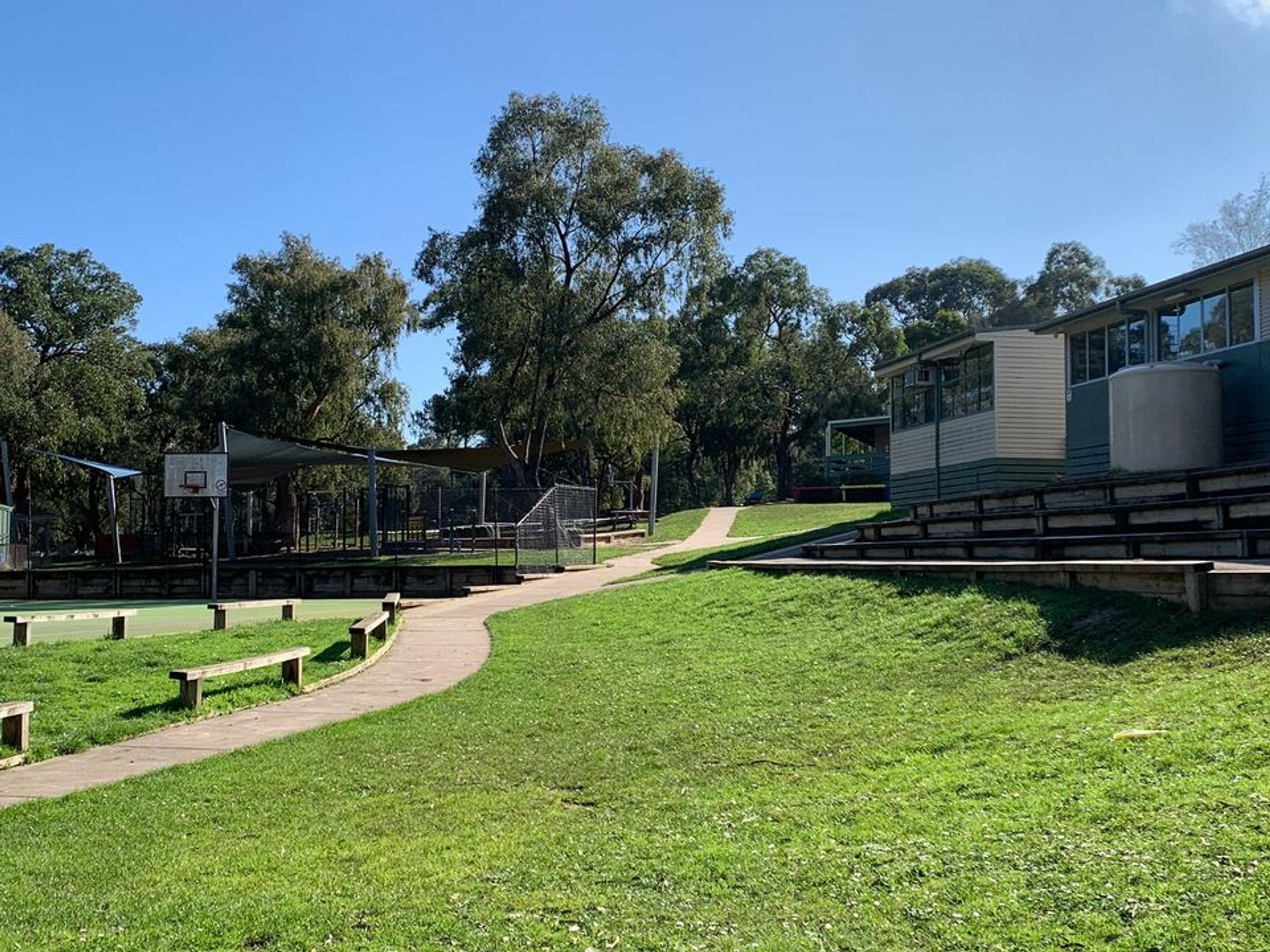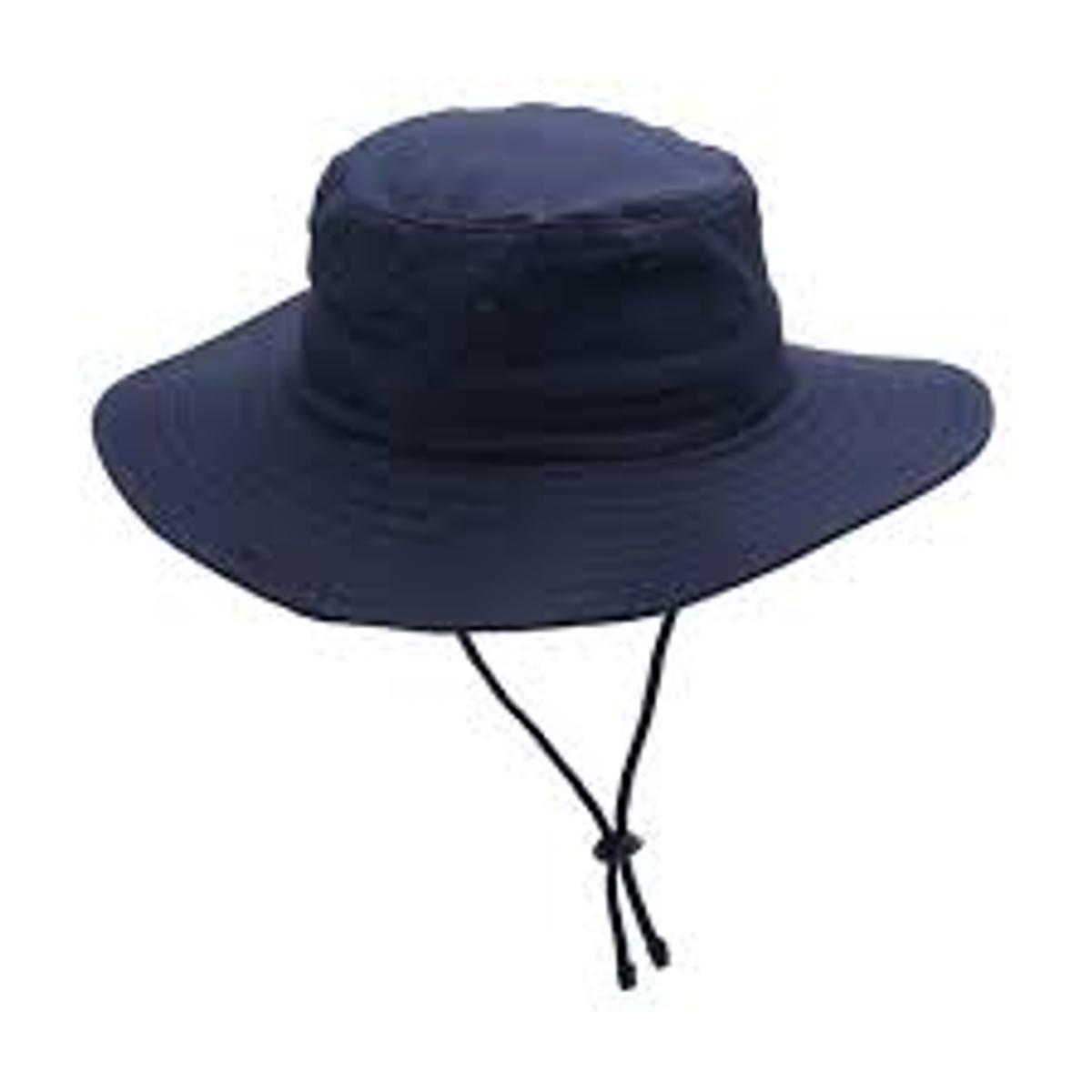School Report

Virtual Tour
Fury Friend Facebook Photo Competition
Congratulations to Bianca from 1/2 T with her picture of Molly.
How to Build Your Resilience During the COVID-19 Pandemic
Techniques such as meditation, visualization, and deep breathing can help foster one’s well-being and ability to face adversity.
Key Steps to Building Resilience
Like building a muscle, increasing your resilience requires time and dedication. If you don’t put in the work, it might atrophy. People are conditioned to think of resilience as a personality trait (either you have it or you don’t), but this isn’t the case. With intention and practice, you can become more resilient, no matter your age.
There isn’t one specific strategy to use to build resilience. It’s a process of establishing connections, coping with stress, adjusting your thought process, and fostering physical wellness.
Step 1: Build Your Connections
We all need support in life, not just in a crisis. Building a support network of empathetic and compassionate people helps you feel less alone in times of need. Different age groups may try different approaches.
Older adults Some older adults are comfortable with technology. If this is the case, many churches, synagogues, and other religious houses of worship are livestreaming services and creating groups on platforms like Zoom. Book groups or other social clubs can also move to Zoom or other online platforms. Video chats with friends and family can help with those connections. If older adults are not comfortable with technology, phone calls and letters are essential.
Adults Juggling working from home, handling finances, parenting, and distance learning is difficult and doesn’t leave a lot of time for connecting with other adults. This is particularly true for first responders and other essential workers working long hours to combat this crisis. Make time for video chats to “see” other people and join virtual meetups when you can. While the exhaustion of stress might trick you into thinking that isolating yourself is best, feeling supported by your friends will help you through this difficult time.
Children and teens Balance is always important, but now is the time to err on the side of allowing more digital connections so kids can maintain friendships. Some parental supervision may still be necessary, but all age groups can benefit from connecting with friends, family, and classmates they haven’t been able to see in person for a while.
Step 2: Learn Coping Skills
We all need to hone our coping skills during this crisis so that we can work through the emotional shifts we are likely to experience in an adaptive way. There are a few coping strategies that tend to work across age groups.
Deep breathing Deep breathing helps calm the central nervous system and works whether you’re experiencing symptoms of panic or general discomfort. Try square breathing: Trace a square in your palm and count as you draw each line: Inhale, two, three, four; hold, two, three, four; exhale, two, three, four; hold, two, three, four.
Meditation and visualization A number of apps can assist with getting into the habit of clearing your mind of stress and visualizing positive outcomes, such as Calm for adults and teens, and Stop, Breathe, Think Kids for little ones.
Exercise Daily exercise is a natural stress reliever. Get out for walks or try a livestream exercise class.
Step 3: Adjust Your Thought Process
It’s difficult to maintain an optimistic outlook when the future feels so uncertain, but positive thinking will help you focus on hope and visualize better times ahead. When you feel flooded with negative thoughts, own them. When you say your thoughts out loud and talk through them, they lose their power.
State your negative thought, think about where it stems from, and offer three positive alternative thoughts. Everyone from older adults to very young children can learn to do this.
Step 4: Focus on Physical Wellness
Stress can hobble your immune system and make you more susceptible to illness. This can, in turn, negatively affect your emotional state. Maintaining your physical wellness plays an important role in building resilience.
When you take a whole-person approach to self-care, you care for both your body and your mind. Get back to basics to get into the habit of self-care:
- Prioritize sleep According to the National Sleep Foundation, people have different sleep needs at different ages, but sleep is universally affected when you're under stress, regardless of your age. Older adults tend to log fewer hours at night (7 to 8 hours), but may need a nap during the day. Adults need 7 to 9 hours, teens need 8 to 10, and children need 9 to 11. Be sure to maintain a consistent sleep schedule during this time.
- Focus on healthy eating If you crave salty or sweet foods when you're under stress, you’re not alone. Many people want comfort food in times of crisis; but balanced, healthy eating is best for your physical health. Plan ahead for a steady rotation of nutritious meals.
- Maintain hydration Believe it or not, dehydration can exacerbate symptoms of stress. Be sure to drink plenty of water throughout the day.
- Remain active In addition to daily exercise, do fun or mentally stimulating activities to enrich your mind and spirit. Play an online card game with a friend or family member, work on a puzzle, spend time gardening, or find another hobby or skill that engages your whole self.
You can take small steps each day to build your resilience muscles, and this will help you through this crisis as well as any future adversity.
Covid 19 Exposure Sites
Please check out the following link regularly to see if you have attended a tier 1 or 2 exposure site. The sooner we identify all the cases, the sooner we can get back to on-site learning – something we are all aiming for. https://www.coronavirus.vic.gov.au/exposure-sites
Additional extension resources for parents/carers, including NAPLAN test papers
If you are after some additional learning resources for your child please take a look at the following link.
https://www.acara.edu.au/news-and-media/resources-for-parents-and-carers
Hats
As September is a month where all students and staff either at home outside or at school must use a combination of sun protection (hats, sunscreen, protective clothing) in all outdoor activities during recess, lunchtimes, sport and other outdoor activities.
Castle & Cubby
www.castleandcubby.com.au/pages/competitions







